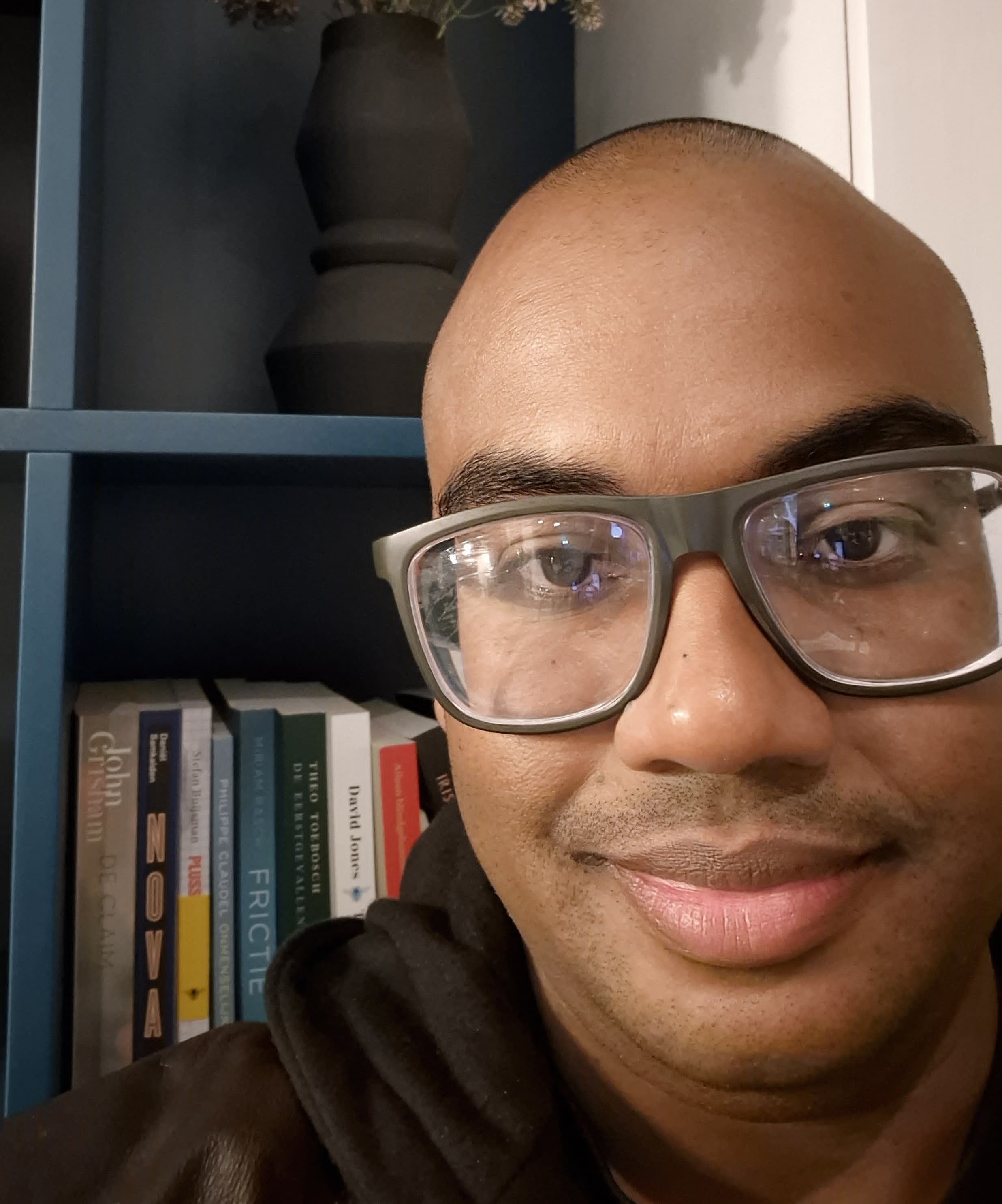In managing chronic conditions like HIV, understanding psychological factors is crucial for patient outcomes. Using Motivational Interviewing (MI), we can transform our patient interactions in HIV care, leading to significant health improvements for patients.
What is Motivational Interviewing?
Motivational Interviewing is an evidence-based, patient-centered counseling technique that enhances an individual’s motivation to change. By empathising with patients and exploring their ambivalence, MI empowers them to take charge of their health. When used effectively, it can improve patient adherence to antiretroviral therapy (ART), encourage healthy lifestyle choices, and address the psychological barriers that may hinder access to care.
Improving Adherence
A major challenge in HIV management is ensuring adherence to ART, as inconsistent use can lead to serious health consequences. MI engages patients as active partners in their treatment, using compassionate dialogue to help them express their fears and uncertainties. By building trust and collaboration, MI motivates patients to commit to their treatment plans.
Fostering Engagement
MI creates a safe environment for patients to share their experiences, combating the stigma and shame often associated with HIV. When patients feel understood and valued, they are more likely to engage proactively in their care, thereby enhancing their commitment to improving their health.
Tackling Co-occurring Challenges
HIV commonly coexists with issues like substance use and mental health disorders. MI effectively addresses these interconnected challenges by helping patients navigate their psychological barriers and develop personalised strategies to overcome obstacles, fostering resilience and self-efficacy.
Motivational Interviewing is a promising tool that can improve and enhance HIV care. By focusing on patient motivation and the psychological aspects of living with HIV, healthcare providers can create more supportive care environments and empower patients to become active agents in their health journeys, thus inspiring them to thrive.




